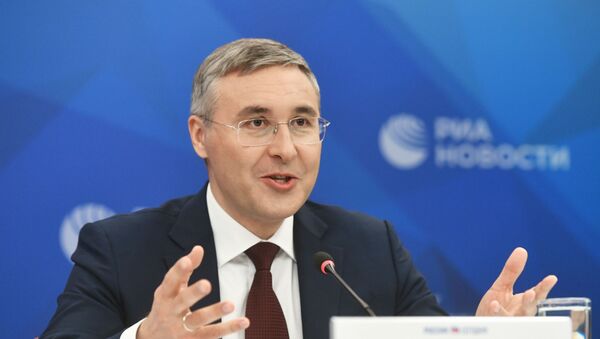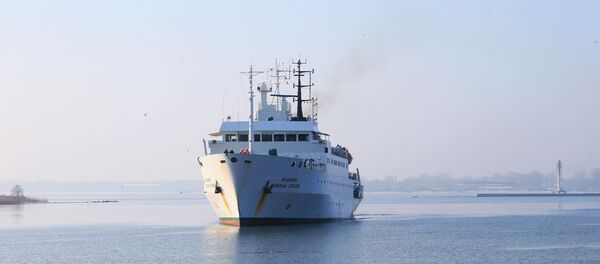Sputnik: At the beginning of 2019, the government recommended limiting the contact of Russian scientists with foreigners. How necessary is such a recommendation? How could it impact cooperation with the international scientific community?
Valery Falkov: I would clarify a little, it was not a recommendation, but a decree. I would like to point out that this decree has been cancelled.
Of course, I would like our cooperation to develop based on the principles of open science; Russia and Russian scientists participate in all major Russian projects. We have a special project dedicated to improving the competitiveness of Russian universities. The project stipulates, as you know, active cooperation among universities in this group, but it does not exclude the participation of everyone else or their active involvement in the global scientific and educational space and cooperation with the best scientists.
This includes the arrival of scientists and foreign students too. I want to remind everyone that this is not the first year that we have been discussing the goal of doubling the number of foreign students by 2024.
Accordingly, there are a number of specific steps that we are taking to ensure that these goals are achieved and measures are implemented, but it should be noted that a special procedure for cooperating with foreigners applies to those industries, spheres, and projects that are important for ensuring national security. This is a global practice that applies in all countries in the world.
The special regime of cooperation with foreigners, as is the case throughout the world, applies for the sectors and in those areas that concern projects that are important for ensuring national security. We welcome international educational cooperation.



